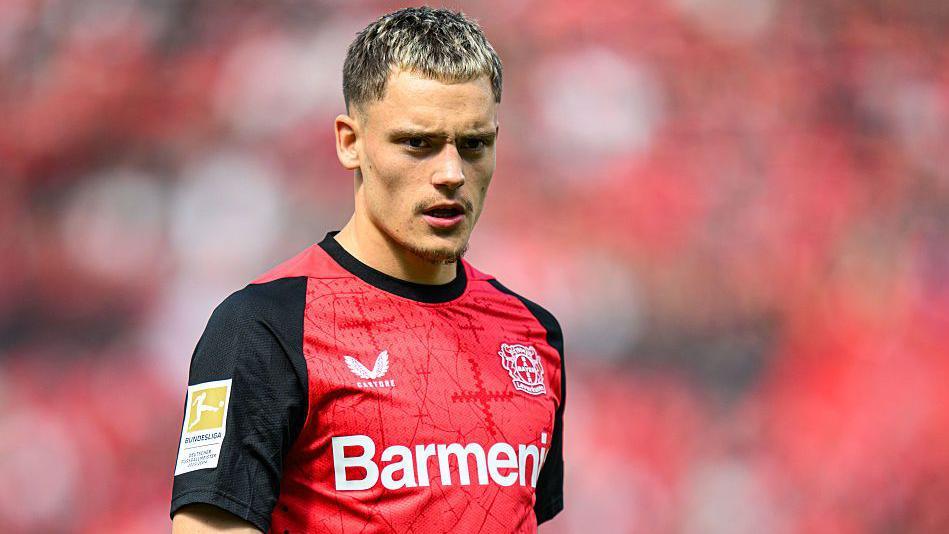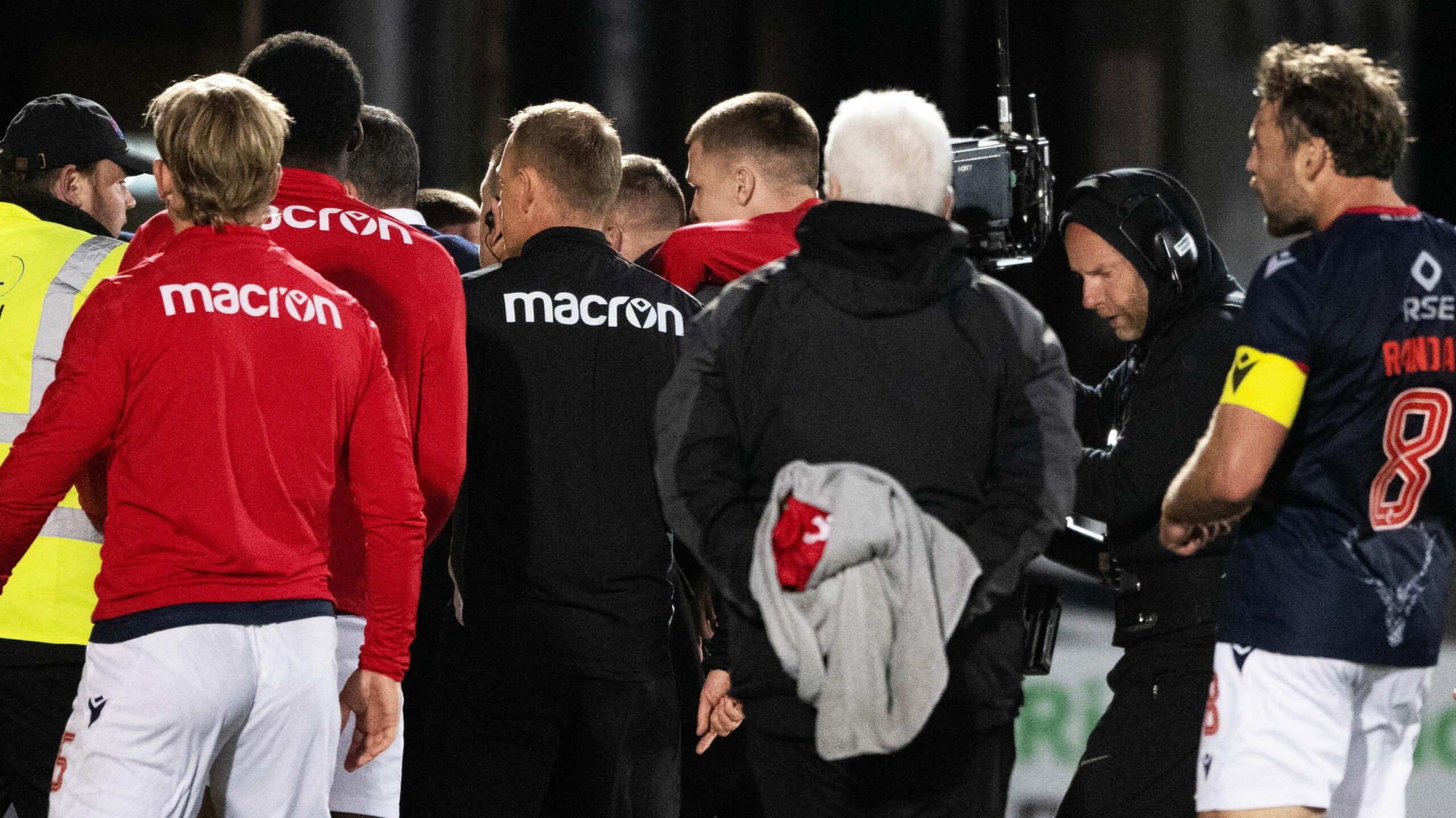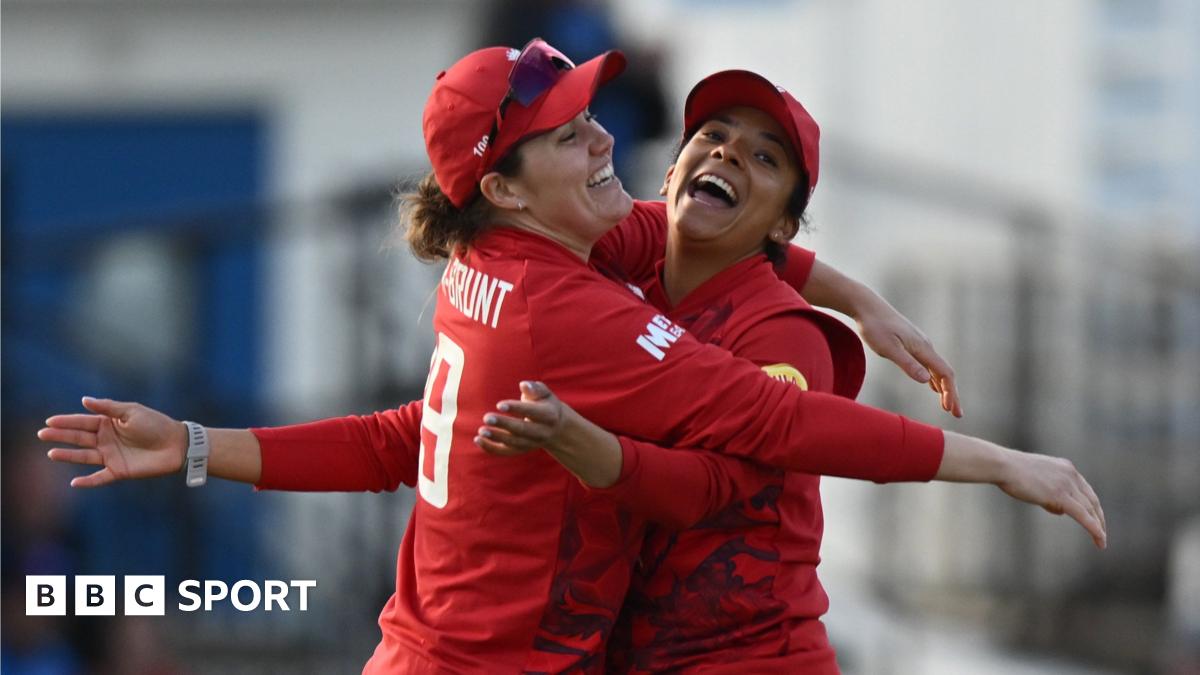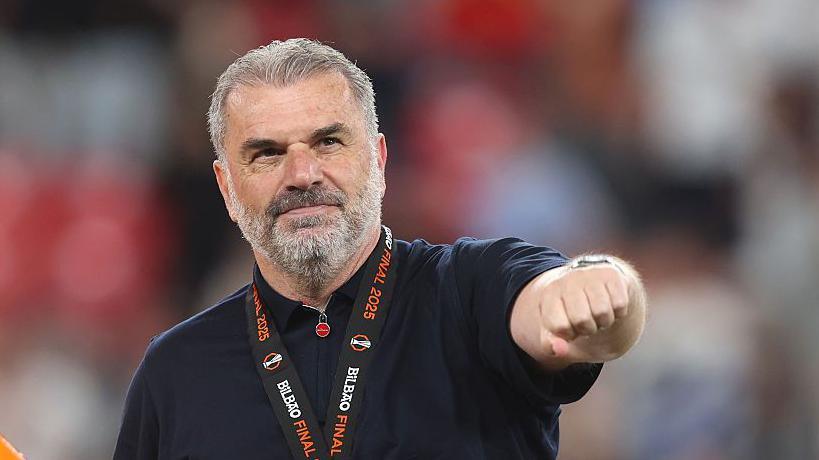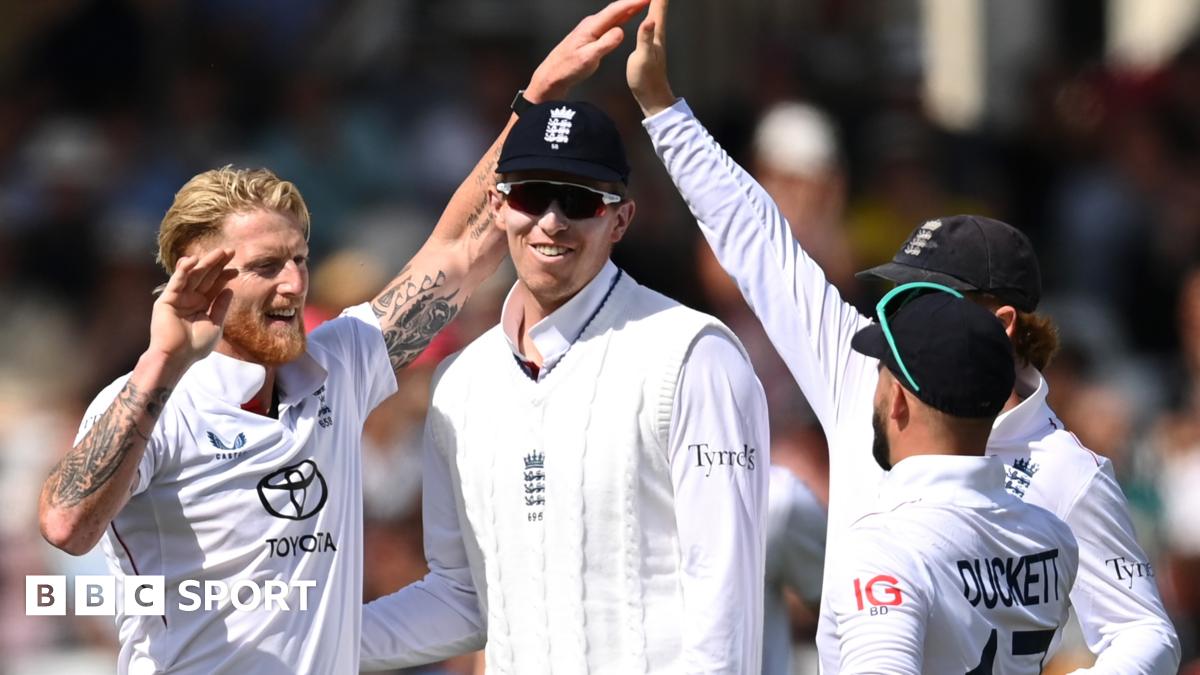- 183 Comments
Injuries have derailed countless careers before they’ve truly begun. For young footballers, especially those who’ve already had a taste of the big stage, the road back is long and unforgiving.
One minute you’re the next big thing, the next you’re stuck in a sterile rehab room chasing the player you used to be. Patience is often a veteran’s trait – not something easily summoned at 18 or 19.
Florian Wirtz – who Liverpool are keen to sign – might not be the most patient man in football, but he has proved he can weather a storm.
In March 2022, just as the Bayer Leverkusen prodigy was breaking out and being hailed as the next big thing in German football alongside Bayern Munich’s Jamal Musiala, a torn anterior cruciate ligament (ACL) brought everything to a halt.
The dream of a World Cup debut in Qatar vanished. He was still named Newcomer of the Year by the players’ union, but the honour felt hollow with the tournament slipping through his fingers.
While Leverkusen stumbled through a turbulent start to the 2022-23 campaign – one that cost Gerardo Seoane his job and brought in Spaniard Xabi Alonso – Wirtz was out of sight, deep in rehab.
The new manager’s first few months passed without his star playmaker. But Alonso saw what was coming.
During the winter break, he called Wirtz the club’s “difference maker” and highlighted the youngster’s ability to unlock defences between the lines. It wasn’t a bold prediction – but even Alonso might not have expected just how quickly Wirtz would return to top form.
By the second half of the season, Wirtz was already pulling strings again and laying the foundations for Leverkusen’s historic 2023-24 campaign, culminating in their first Bundesliga title.
When they finally lifted the Meisterschale – the league winner’s trophy – Wirtz was no longer a talent, he was a bona fide star.
The youngest player to reach 50 Bundesliga appearances at 18 years and seven months, he had become the face of a fearless, dynamic side.
Naturally, the big clubs came circling. In 2023 and 2024, links to Europe’s elite grew louder, but Wirtz stayed put – in part because Alonso did too.
Both resisted the pull of big-money moves last summer, committing to one more chapter at Leverkusen. But that chapter is now ending.

What separates Wirtz from so many others isn’t just his touch or vision, it’s his mentality.
Even early in his Bundesliga career, he carried himself like a leader. He’s not the loudest voice in the room, but his presence is felt. Some mistake his quiet, understated demeanour for simplicity, and Wirtz doesn’t go out of his way to change that image.
A viral TikTok clip from the national team saw Wirtz rank his favourite foods, declaring “normal potatoes… I would say are number one”.
It became a meme across German football – fans plastered potato images over his face, and the quote even made it into summer dance tracks. Wirtz, for his part, wasn’t laughing.
“I don’t find it entertaining,” he told Kicker. “Especially those who know me – and myself – don’t understand why that blew up.”
His team-mates, however, appreciate the way Wirtz keeps things simple. “He’s a great baller and a bit cheeky, that helps him,” said Leverkusen keeper Lukas Hradecky, who once summed up the midfielder’s flair with a now-iconic phrase: “Flo is doing Flo things.”
“Florian is just a huge asset with his care-free nature,” said former Germany boss Hansi Flick. “He’s simply an outstanding technician, loves to play, is very creative, has a good shot, runs hard and is quick. He’s the full package.”
Ex-Leverkusen head coach Seoane once praised Wirtz’s composure and decision-making in tight spaces, noting how he remains ice-cold when accelerating into dangerous areas. Alonso, too, has regularly lauded his character and fearlessness: “He will always try something.”
Off the pitch, Wirtz remains grounded. He’s still close with the same group of friends from his hometown in the Rhineland.
When reports emerged recently of Liverpool and Manchester City meeting with his representatives, many learned that those representatives are his parents: 71-year-old Hans Wirtz and 63-year-old Karin Gross. His sister Juliane plays in the women’s Bundesliga for Werder Bremen.
Karin handles the finances. Hans – a former border agent and chairman of a local football club – speaks directly with sporting directors and chief executives. Bayern recently approached him to discuss how Florian might fit into a team alongside Musiala.
“The sporting perspective is much more important than money. My parents would be angry if I ever gave money priority,” Wirtz told Sports Illustrated earlier this month, revealing his mum and dad would give him a 150 euro-a-month allowance early in his career.
Some critics argue Wirtz might have missed endorsement opportunities with such a homegrown support structure. But while others chase commercial deals, Wirtz has prioritised football – and stayed loyal to the people who have been with him from the start.
Related topics
- Bayer 04 Leverkusen
- Liverpool
- European Football
- Football
